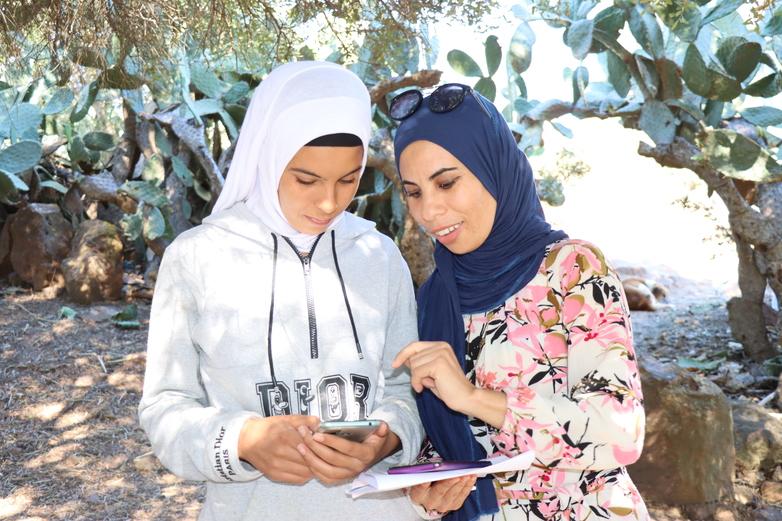Context
The Tunisian authorities are committed to improving financial and socio-economic inclusion, yet there is a lack of needs-driven, attractive financial services such as a mobile wallet – especially for women and disadvantaged groups. At the same time, financial institutions do not sufficiently tailor their services to the needs of the population.
There is also a shortfall in training and advisory services for women, young people, Tunisian migrants and returnees that are necessary for their effective socio-economic integration.
Furthermore, in order to give people access to good jobs and thus create better prospects in Tunisia for returnees and potential Tunisian emigrants, needs-oriented training courses are required.
Website: National Agency for Employment and Independent Work (Agence Nationale pour l'Emploi et le Travail Indépendant) (in French)
Objective
People contributing to economic activity and disadvantaged people, especially women, have better access to needs-driven financial and other services. As a result, their economic and social integration has improved.

